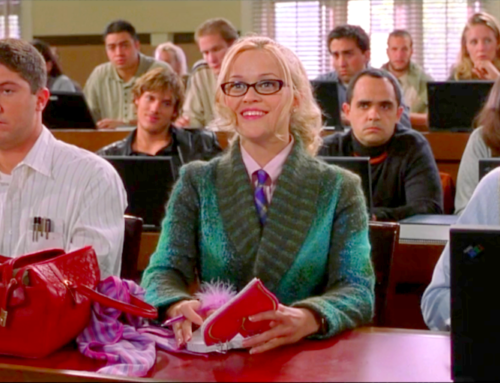If you are like me, this semester has felt like agony. With the stress associated with COVID-19, the pushing of the world to get to this new ‘normal,’ and the insistence of colleges to remove spring breaks, or breaks in general, in order to “stop the spread,” it feels like the stress and workload continues to pile up with no end in sight. Due to this, extreme burn-out is almost expected.
Burn-out itself is normal. Working for eight weeks non-stop will negatively impact a person’s productivity, mindset, and work-ethic. This semester is different, however. Burn-out isn’t just burn-out. Burn-out is an all-encompassing struggle. Personally, my issue with burn-out does not stem from changes in productivity or increase of negativity. My main battle with burn-out is the unworthiness I feel when I’m in it. I have suffered with imposter syndrome since beginning college. I feel constantly behind my classmates and unfit to be in my position. When burn-out hits, these thoughts increase twofold. Because I am unable to do work or complete my work as the same level I normally expect of myself, I feel worthless as a student but also as a person.
This mentality is, obviously, irrational and unproductive. Being a strong opponent of the self-love culture (read Allie Beth Stuckey’s amazing book, You’re Not Enough (and that’s okay), on the toxicity of the movement), I feel hesitant to go to the highly advertised “self-care” methods that culture pushes. So, what is a girl to do when burn-out strikes?
-
Go grab a cup of coffee. Leave your dorm/room and get some fresh air. Continuously placing yourself in an environment that reminds you of the work you need to do will only heighten your already stressed mental state. So, grab a friend and go walk or drive to your favorite drink place for a little treat and a much needed change of scenery.
-
Put on a nice outfit. A way to feel more productive and better about yourself is to feel confident. One way to do that is to change out of your sweats when you start working so you mentally separate sleeping and resting from getting work done. The hope is that you’ll feel as put together as you look.
-
Do your work in a place that is not your bed. This doesn’t have to be a formal desk. This could mean your rug, your kitchen counter, the dinner table; just somewhere that you can associate with a working, not a resting mentality.
-
Make your bed. I didn’t believe it would change my life until I did it. It is a menial task that requires zero effort but, if at the end of the day you feel unproductive, at least you can say you completed one task; you made your bed.
-
Recognize that sometimes, if you feel you cannot do work, you shouldn’t do work. I had such a bad habit of studying until I was physically sick because I thought that the quantity of time mattered most. I learned the hard way that the quality of your time matters a whole lot more. If you feel exhausted and you can’t concentrate to save your life, take a break. Breaks are not a symptom of laziness and they are not a sign of unproductivity. Watching a show, reading a book, taking a nap, praying; all these things are good escapes that you can take to recharge your mind before you jump into a new task. It may not always completely solve your problems, but over time you will know your body; when to push through and when it is time to take a breather.











